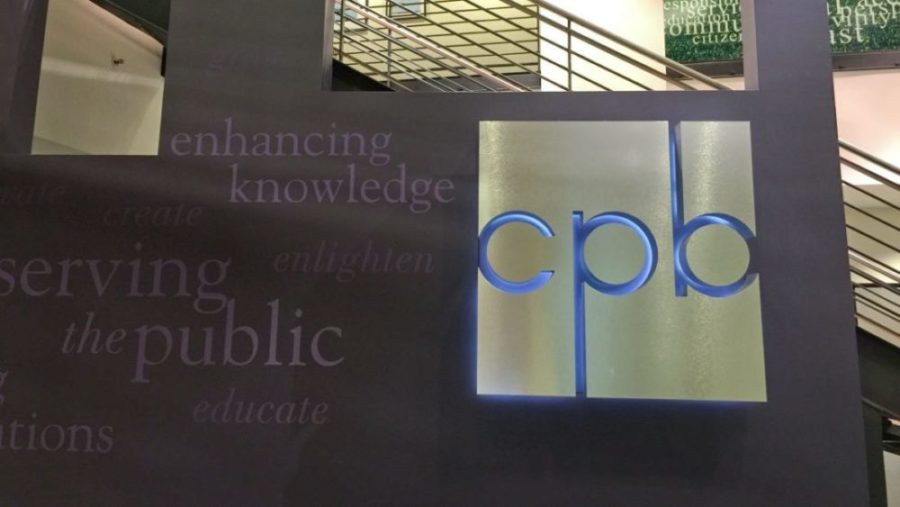NPR, union approve new contract
NPR and the SAG-AFTRA union, which represents news and programming employees at the network, signed a three-year contract Monday at NPR headquarters in Washington, D.C.
The contract was ratified last week by the “overwhelming majority” of NPR’s SAG-AFTRA members, according to a joint statement by the organizations.
The organizations shared no new details about the contract. Their previous contract covered two years and included a 2.5 percent pay raise.
“NPR and SAG-AFTRA have shared a long and productive relationship throughout the years,” the statement said. “This was evident in the recent negotiations, as NPR and SAG-AFTRA’s bargaining teams worked tirelessly and constructively to find common ground. Today NPR and SAG-AFTRA together celebrate the tremendous talents of NPR’s news and programming teams and look forward to supporting NPR’s mission and service to the American public.”
NPR and SAG-AFTRA reached a tentative agreement July 16 after extended contract deadlines and tense negotiations that led to a public campaign against NPR management’s proposed terms.
When the agreement was reached, SAG-AFTRA said the contract “provides for salary increases and effectively repelled efforts to erode union protections and institute a two-tiered salary system.”
UPDATE: In a post Monday on a campaign website, NPR SAG-AFTRA members expressed relief over signing a contract and concern over proposals made by NPR management during negotiations. The journalists called NPR management’s initial proposal “the most regressive contract proposal in NPR history.”
“During these negotiations, there was legitimate concern about whether we could reach an acceptable resolution,” the journalists said. “We’re relieved we were able to negotiate an agreement so we can continue our job of fulfilling NPR’s mission.”
They also called on NPR CEO Jarl Mohn and senior executives “to fulfill their fundamental responsibility, and use the work we’ve done and the results we’ve delivered (and continue to deliver) to sufficiently secure NPR’s financial future.”
“While we will strive to improve relations between NPR’s executives and journalists, this cannot be a one-way discussion,” the post said.







